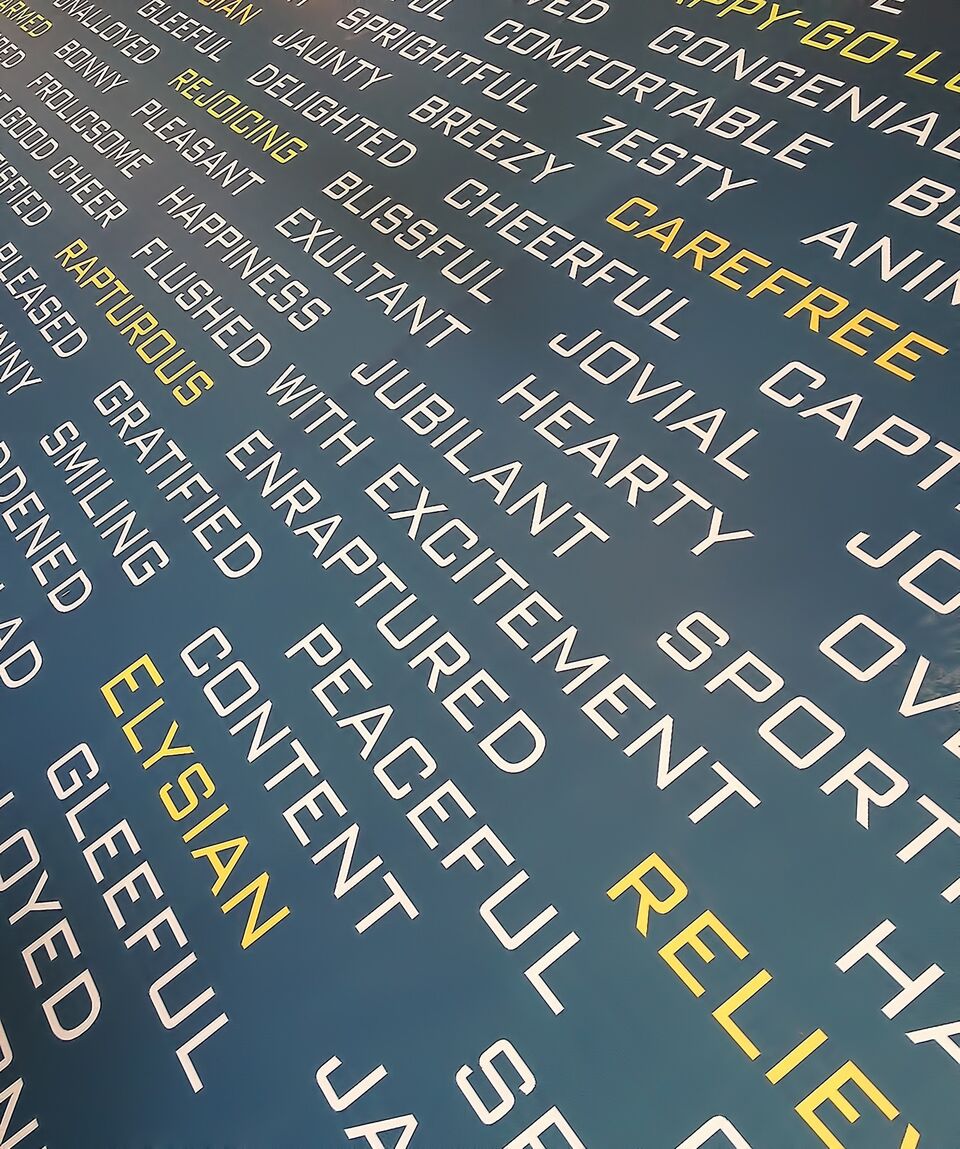*This post contains affiliate links, meaning that, at no additional cost to you, I will earn a small commission if you click through and make a purchase.
Language development can often feel like something that just sort of “happens;” we aren’t actively teaching our children to talk, they are just naturally inclined to communicate with us, even from birth. And as eager as we are for our children to START talking, by the time they reach 3 or 4, we often wish they’d be quiet for longer than a few minutes at a time!
The amount of words that children learn between the ages of 1 and 5 is staggering! Take a look at this chart below and you’ll see what I mean.
That’s your preschooler’s vocabulary. This means that children learn over 2,000 new words over the course of a few years. Without us even trying! Language development is truly incredible!
So if children are learning new words all on their own, there’s not much we can do to encourage it, right? WRONG! There is so much that you can do at home building your preschooler’s vocabulary and many great reasons for doing so.
- Vocabulary development during the preschool years is directly related to later reading skills and general school success.
- Vocabulary in early childhood is a building block of a solid reading foundation.
- Large vocabularies in early childhood allow children to think more deeply, express themselves more easily, and learn new things faster.
Building Your Preschooler’s Vocabulary
Now that you know all of the amazing things that come with having a large and varied vocabulary, I bet you’d love to know some ways that you can support this at home! Here are my top six tips for building your child’s vocabulary:
Reading Aloud
This is a pretty obvious one, but it’s worth repeating. Reading aloud to your children has numerous benefits, only one of which is an increased vocabulary. But there’s more you can do besides simply reading. Asking questions, pointing out new words, and really engaging with your child as you read makes a big difference. You can also make it a point to select high-quality children’s books with interesting vocabulary. I recommend:
Talking
This is another seemingly obvious one, but it is so important! And while children do pick up words through simply listening to adults talking to each other, talking to your child (child-directed speech) helps children to more efficiently process language and learn new words more quickly. So talk to your children as much as you possibly can- in the car, at the dinner table, out running errands, literally anywhere, any time! If you need some fun conversation starters, I highly recommend this game. Another way to increase talking in your home, consider just “thinking aloud,” or narrating your activities as you do them. This simple dialog can really help in building your preschooler’s vocabulary and language skills easily!
Use BIG words
This can actually be a fun way to increase your own vocabulary as well! Challenge yourself to learn a few new words each week and slip them into the conversation. Kids absolutely love using big words! Subscribe to the word of the day from Dictionary.com, use the new words you learn, and see how quickly your child’s vocabulary grows.
Change the language of daily routine
This is an easy one to do and your kids will likely get a kick out of hearing the same old things described a different way. Take any routine that you regularly do and change up your language. Some fun examples: Instead of saying “How much cereal would you like this morning?” you could say: “Do you want a gigantic portion of cereal or a meager portion of cereal?” Instead of saying “This ice cream is so yummy,” you could try: “This ice cream is delectable!”
Label things around the house
This works particularly well for little ones who are still learning simple words. It’s a great way to not only build vocabulary but also to help children make the connection between the written and spoken word. Grab a stack of post-it notes and go crazy labeling items around the house. Don’t be surprised if your child decides to start “writing” labels, too! Writing will also help build your preschooler’s vocabulary
Rhyming words
There are a number of different ways to do play rhyming games, but the easiest is to simply take turns coming up with rhyming words. For example, if you are out and about driving, you can just pick a word and start rhyming. “Can you think of anything that rhymes with cat? I’ll go first: cat-hat!” Take turns until someone is stumped! Another fun way to do this game is to take an assortment of random objects from around the house and place them in a bag. For example sock, spoon, book, pen. Then ask your child to remove something that rhymes with one of the items. For example: “Can you find something that rhymes with block?”
I hope that you enjoy trying out some of these activities to help in building your preschooler’s vocabulary! If you do, please share in our FREE Facebook community. Haven’t joined yet? Please do! It’s a great community where parents can celebrate successes, look for support, and share in the parenting journey. We would love to have you.
As always, if you have concerns about your child’s development and would like to set up a free consultation to discuss your concerns, please reach out! I would love to help you determine your child’s individual needs. We are here to support you as you help your child blossom!
If you liked reading Building Your Preschooler’s Vocabulary, you might also like:
7 Ways How To Get Your Baby To Talk Earlier
Yoga for Kids: Benefits & Poses
